POCUS Faculty
Learn about the core faculty members and instructors behind the Family Medicine POCUS Certificate Program and STFM's POCUS resources.
Core Faculty Members for FM POCUS
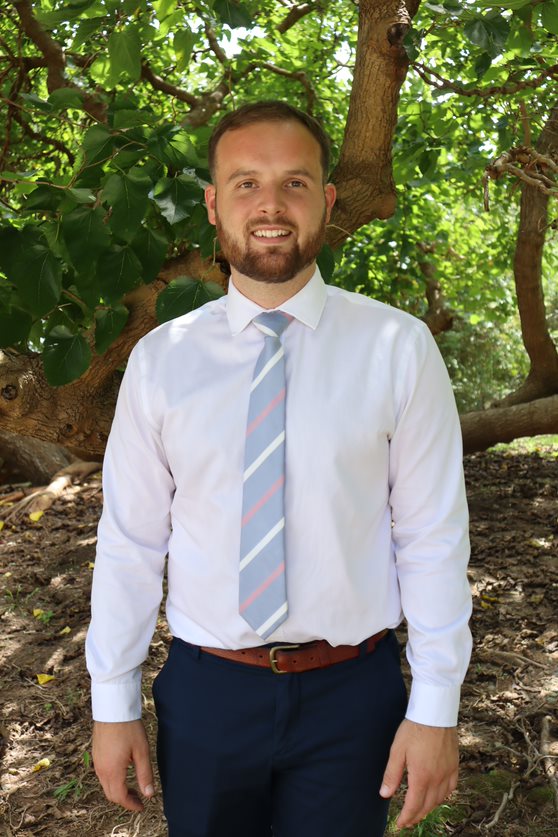
Ryan Paulus, DO, is a core faculty member at the University of North Carolina (UNC) family medicine residency program. He directs the point-of-care ultrasound (POCUS) teaching for the residency and is a faculty instructor for POCUS education at the UNC medical school. Clinically, he works as a hospitalist and ER physician in a rural critical access hospital in addition to attending on the residency inpatient service.His first exposure to POCUS was in medical school at Ohio University, but he wasn’t trained in POCUS until his time as a resident at UNC. He gained further experience by focusing on POCUS during his rural fellowship program after residency. Through networking and communication with other colleagues, Dr Paulus realized the need to develop a longitudinal training program in family medicine that focused on teaching POCUS. Combining that recognized need with his desire for POCUS and passion for teaching, the idea for the certificate program was born. Dr Paulus, who serves as the certificate program chair, hopes to create residency POCUS champions across the country with the certificate program.Outside of work, Dr Paulus takes advantage of all the outdoor offerings North Carolina provides. He particularly enjoys heading to the mountains for hiking, camping, fly fishing, and biking or exploring new areas of North Carolina with his wife.
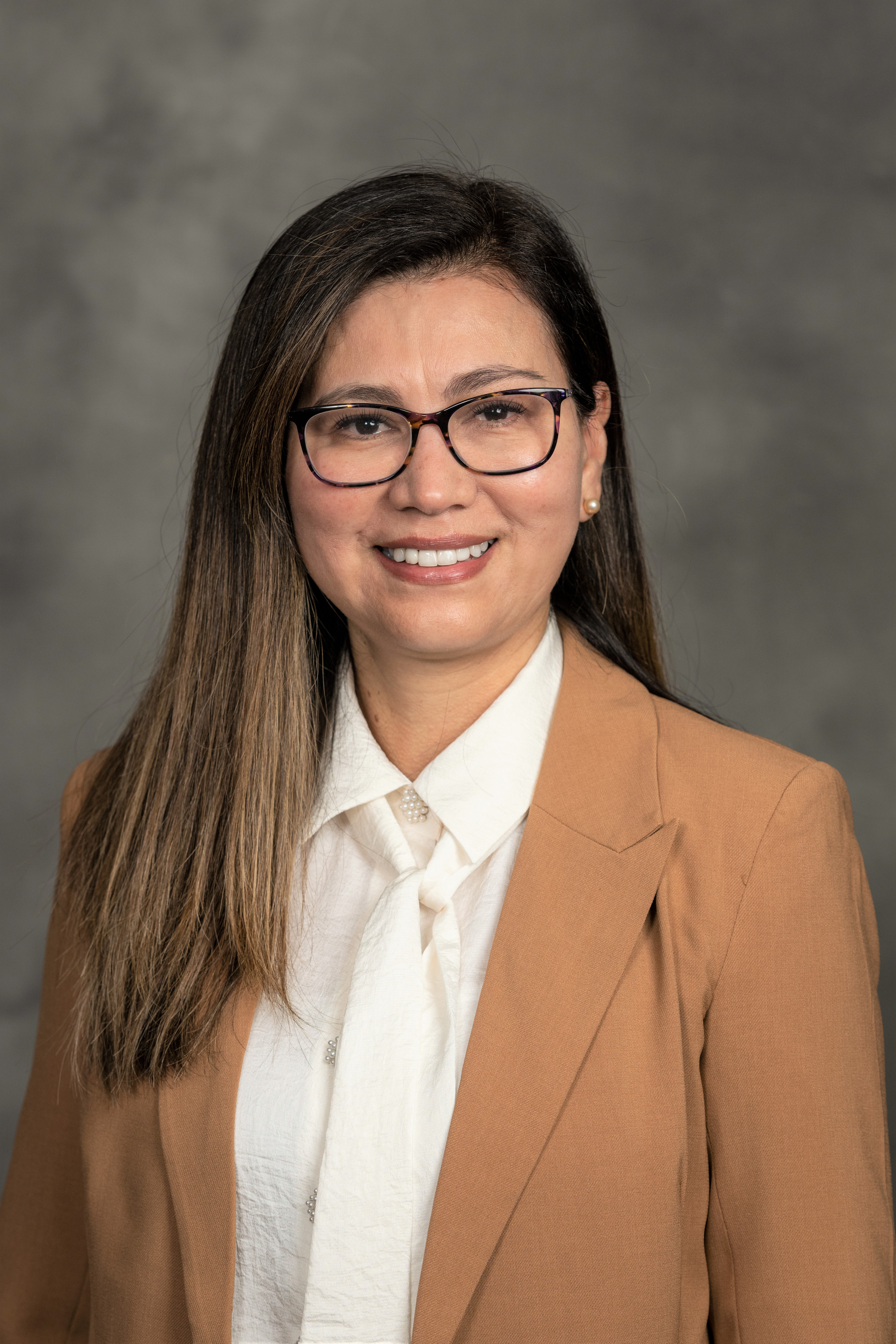
Juana Nicoll Capizzano, MD, is an associate professor at Michigan Medicine, Family Medicine Department. She grew up in Lima, Peru, and graduated from medical school at Ricardo Palma University in Lima. She subsequently completed her residency in family medicine at the University of Iowa, she also completed a Fellowship in Geriatric Medicine. She practiced at the University of Iowa before moving to Ann Arbor, MI, with her family in 2018. She is Board-certified in family medicine and geriatric medicine.Dr Capizzano completed an advanced Emergency Medicine Ultrasonography Fellowship program at Michigan Medicine in June 2021 and developed the Point of Care Ultrasound (POCUS) curriculum for family medicine residents. Dr Capizzano currently serves as the director of Family Medicine’s Clinical Ultrasound program, as well as the program director of the Advanced Primary Care Ultrasound Fellowship. Dr Capizzano has a strong interest in POCUS education and is a POCUS advocate for family physicians and primary healthcare providers. She teaches ultrasound to medical students, residents, fellows, and faculty. She has a strong belief that POCUS can improve health care access. She has published several articles on point-of-care ultrasound.Dr Capizzano lives in Ann Arbor, she has twin girls and two yellow labs. She enjoys spending time with her family, traveling around the world, dancing and riding her bike.
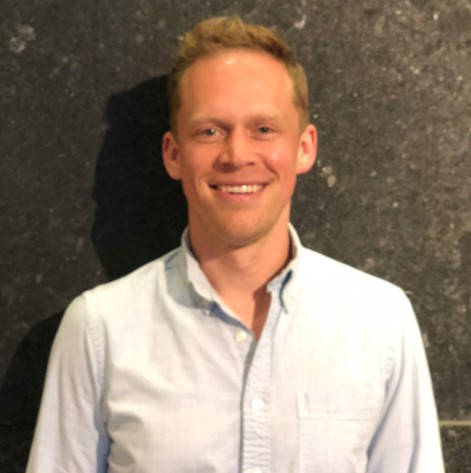
Ben Clements, MD, is a family physician and assistant professor at the University of Vermont Medical Center and University of Vermont, Larner College of Medicine. He completed both family medicine residency and medical school at the University of Vermont. He is a 2004 graduate from Bates College (Lewiston, ME) with a BA in English. He practices both inpatient at UVMMC and outpatient medicine at UVMMC FM-Colchester, caring for patients from birth to death. He serves as the director of Point of Care Ultrasound for the Department of Family Medicine and is the curricular lead for POCUS in the UVMMC Family Medicine Residency. Additional clinical interests include diabetes care, end of life communication skills, migrant health, office-based procedures, and treatment of opioid use disorder.He is a fellow of the Ultrasound Leadership Academy and a fellow of the Academy of Wilderness Medicine (FAWM). He serves as a board member of the Vermont Academy of Family Physicians and is a member of the Gold Humanism Honor Society. Dr Clements lives in Burlington, VT, with his wife and two children. He enjoys any opportunity to cycle or ski in Vermont’s Green Mountains. Dr Clements participates as Core Faculty for the POCUS Educator Certificate Program because he knows how daunting it can be for a practicing clinician to learn a new skill such as POCUS. Through the POCUS Educator Certificate Program, he hopes to make learning POCUS for practicing family physicians a task that becomes manageable and a thrilling addition to existing clinical skills.
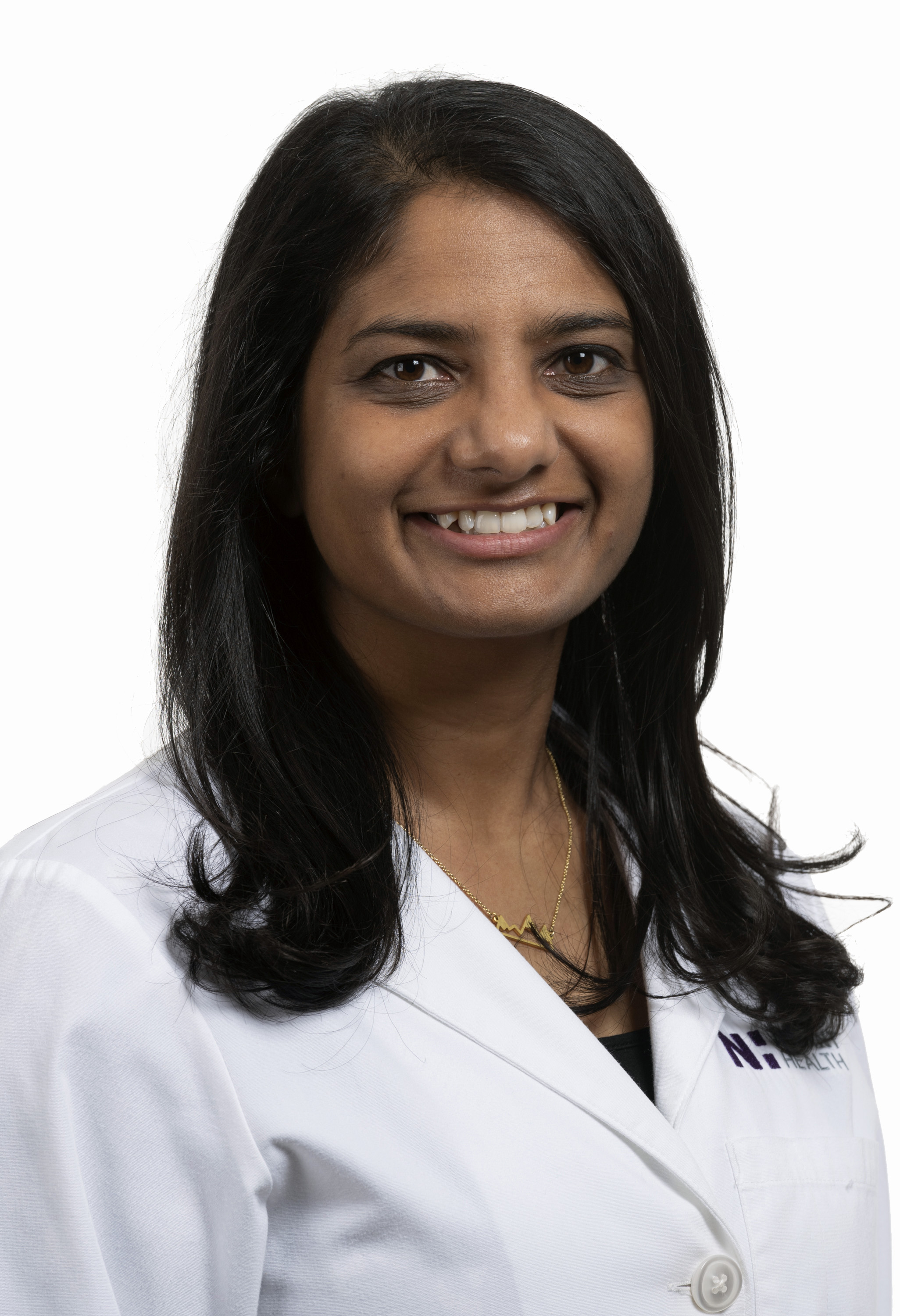
Puja Dalal, MD (she, her, hers), is a board-certified family physician who currently serves as an assistant program director and Director of Point-of-Care Ultrasound at the Novant Health Family Medicine Residency Program in Cornelius, North Carolina. Dr Dalal earned her medical degree at the University of South Carolina School of Medicine and completed her residency at Swedish Family Medicine First Hill in Seattle, WA. After working for a CHC in the greater Seattle area and internationally in New Zealand, Dr Dalal returned to South Carolina to complete a Primary Care Ultrasound Fellowship at Prisma Health/USCSOM in Columbia, SC.Her academic interests include point-of-care-ultrasound, social justice in medicine, medical education and care of underserved populations. She is passionate about teaching medical students, residents and practicing physicians POCUS as a tool to help them serve their patients to increase access to high quality medical care for all.When not working, you can find her catching the sunset on a hike, making s'mores when camping, asking for directions in another country, attempting not to fall into the water when paddleboarding or trying salsa moves on the dance floor.
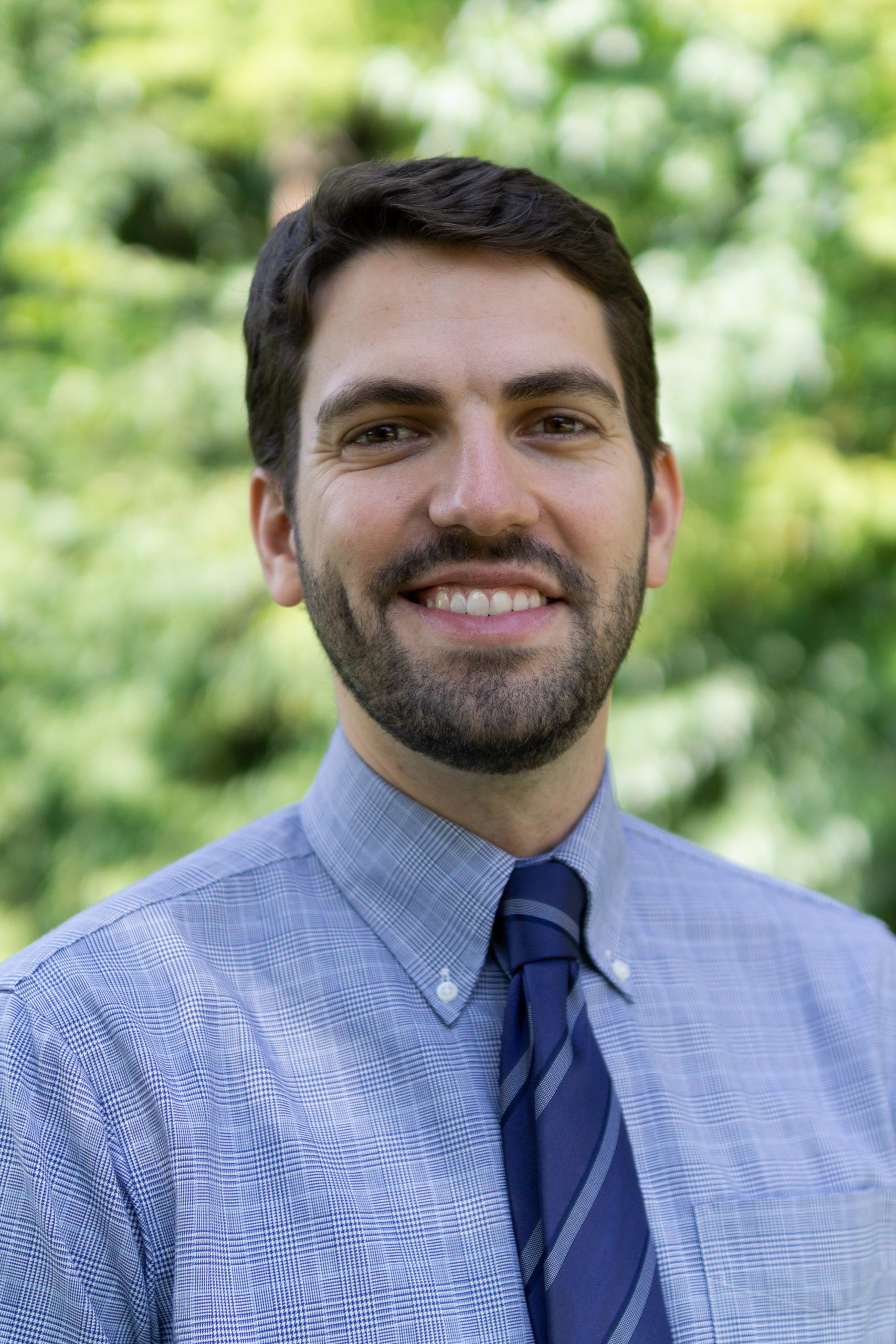
John Doughton, MD, is a clinical assistant professor at the University of North Carolina Family Medicine Program. He is originally from Birmingham, AL, and after completing medical school at UAB he came to UNC for his family medicine residency. Dr Doughton began his POCUS journey in residency, initially while doing Global Health work in Uganda, and then realizing the parallels and benefits of POCUS as a tool to care for patients at his home rural FQHC. Dr Doughton completed a career development fellowship at UNC with a focus on point of care ultrasound and procedural care. He now directs the 4-year longitudinal ultrasound curriculum for the UNC School of Medicine. Clinically he continues to work at a rural FQHC affiliated with the UNC residency program, directs an outpatient procedural clinic, and attends on the inpatient Family Medicine service.Outside of work, Dr Doughton enjoys spending time with his wife and 3-year-old son. He loves traveling, live music, playing and watching sports of all types, and especially cheering on Notre Dame football.
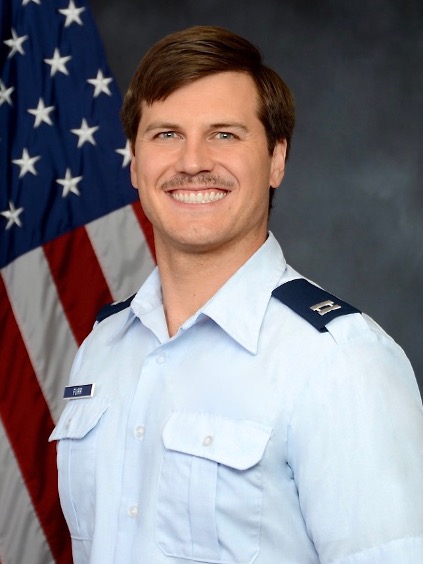
Noah L. Furr, MD (Major, USAFR), is a clinical assistant professor in the F. Edward Hébert School of Medicine of the Uniformed Services University of the Health Sciences (USUHS), practicing full-scope family medicine as a locum tenens hospitalist and emergency medicine physician for critical access hospitals in Montana.Dr Furr is North Carolinian, born and raised, and was commissioned into Active Duty as an US Air Force Medical Officer at graduation from the University of North Carolina School of Medicine. His circuitous path to doctoring, including years in industrial scaffolding, landscaping, and hospitality services, magnetized him to bedside medicine in all facets – enter POCUS.In his residency at Eglin Air Force Base in Florida, he developed the POCUS curriculum for his program, with an Area of Concentration granted. His exposure and training include mentorship by Academy of Ultrasound in Medicine (AIUM) fellows, Society of Critical Care Medicine (SCCM) training courses, and a hands-on learning under a myriad of gracious ultrasound educators of all specialties and levels. He was able to train colleagues in eFAST and pulse-check echos for out-of-hospital arrests while deployed as clinical lead to a Role 1 facility, exemplifying POCUS’ critical role in casualty/field care in theater and in garrison of downtown Las Vegas. Dr Furr recently transitioned to the Air Force Reserves back in North Carolina from his time as the POCUS Curricular Lead at Nellis FMR in Las Vegas, NV, now wielding POCUS as a sole provider in rural Montana.Aside from medicine, as time allows, he’s either with his wife and three kids playing their sport du jour, hiking/camping, dancing/playing music, concocting and enjoying delights in the kitchen, or listening to audiobooks for pleasure (the only way he can read books these days).
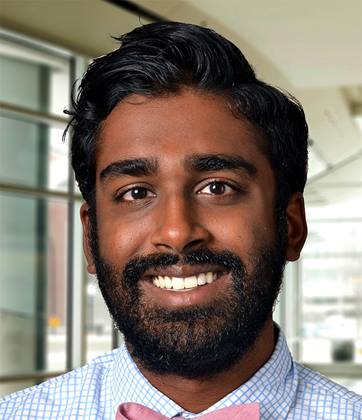
Hiten Patel, MD, is a family medicine clinician educator. He is currently assistant professor and assistant program director at the Ohio State University Family Residency Program. In his role he directs the inpatient service and leads POCUS education for the residency and department.Dr Patel completed his residency at Ohio State, followed by being the first family medicine POCUS fellow at Ohio State. Since then, he has also served as assistant director of the ultrasound fellowship within the emergency medicine department, helping educate family medicine fellows.Dr Patel helps teach POCUS to medical students, residents (of all specialties), and practicing faculty. He believes that POCUS is an essential tool of the future that helps with diagnosis and management in clinical care, with the potential to save time, health care costs, and improve patient satisfaction. Dr Patel's goal as a faculty instructor is to provide high quality education on how to teach POCUS, so that residency faculty have the tools and confidence to integrate POCUS into their respective curriculums. His professional interests include medical education, technology in medicine, clinical reasoning, and point-of-care ultrasound. Dr Patel lives in Columbus, OH, and enjoys hiking, spending time with his wife and young daughter, and following buckeye football!
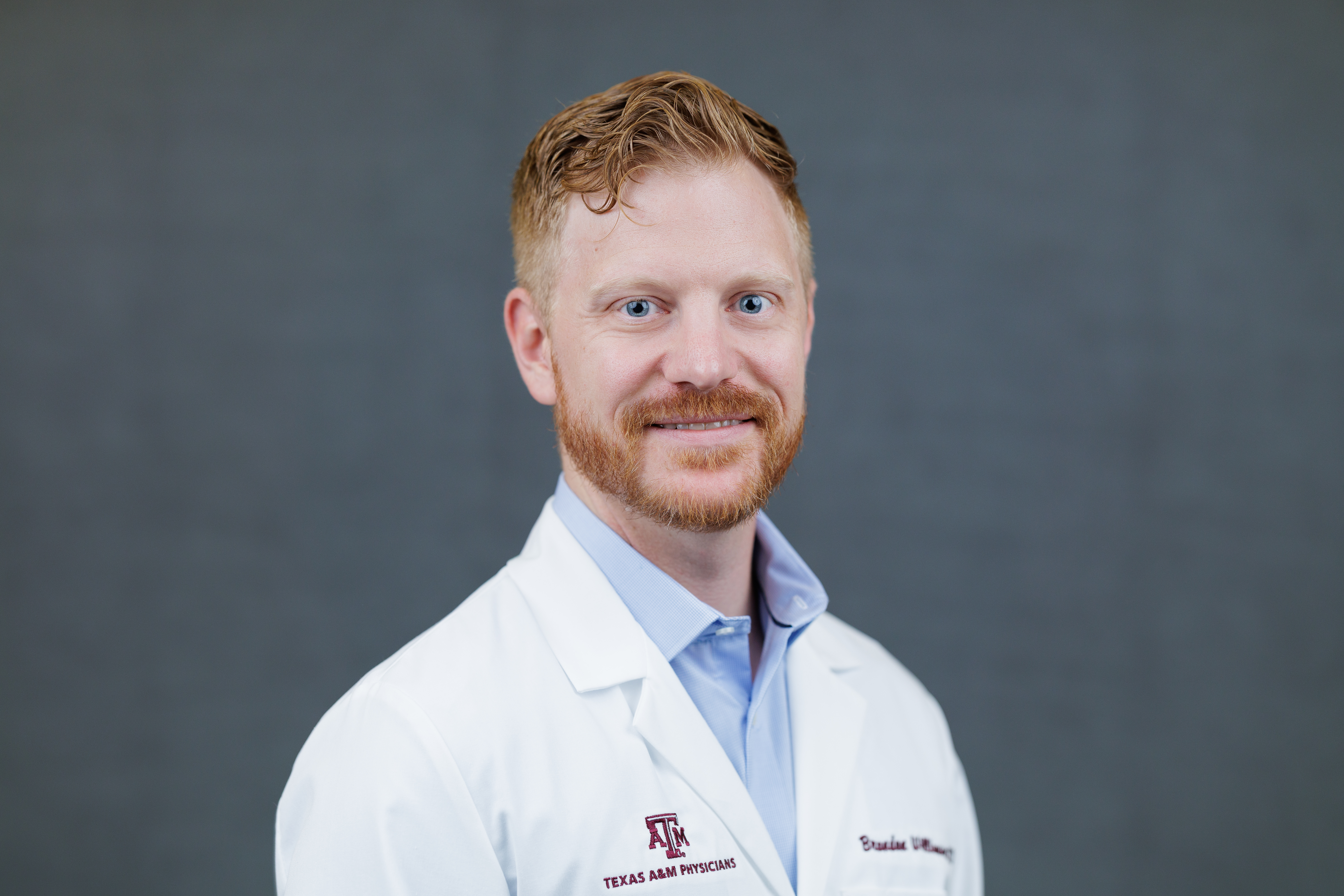
Brandon Williamson, MD, RDMS, is a clinical associate professor and associate program director at the Texas A&M Family Medicine Residency. He completed his training at John Peter Smith Family Medicine Residency, spending an extra year completing a Maternal-Child Health Fellowship as well as dedicating extensive time to endoscopy and POCUS.Dr Williamson currently practices the full spectrum of Family Medicine, including inpatient adult and pediatric medicine, surgical obstetrics, and outpatient clinic care, including MOUD, endoscopy, and extensive obstetric sonography.Dr Williamson's academic interests include clinical pedagogy, with a focus on remediation and feedback, primary care cardiology, and narrative medicine. He is passionate about lowering the perceived barrier of entry into ultrasound education and hopes to make this a reality through the STFM POCUS Educator’s Certificate Program.When not in the hospital, you can find him cheering his kids on from the sidelines of various sports, wrenching on his car, or absorbed in conversation over coffee.
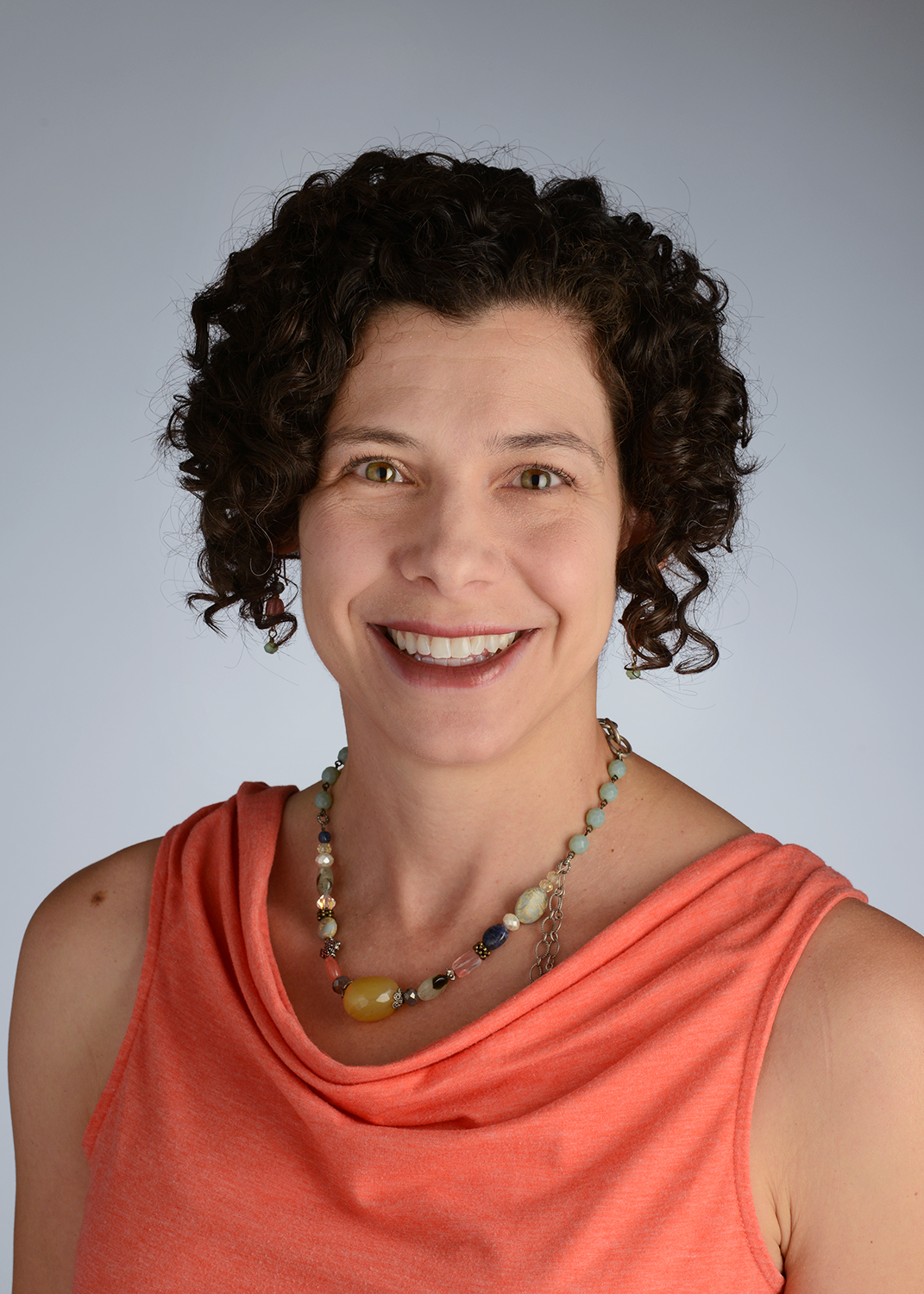
Nicole Yedlinsky, MD, CAQSM, RMSK, is associate professor at the University of Kansas Medical Center in Kansas City, KS. She is the program director for the KUMC Sports Medicine Fellowship and core faculty for the Family Medicine Residency.Dr Yedlinsky earned her medical degree from Tulane University School of Medicine and completed her residency at Womack Army Medical Center. She completed a fellowship in sports medicine at Virginia Commonwealth University Fairfax Family Practice as part of the National Capital Sports Medicine Consortium. She teaches POCUS to medical students, residents, fellows, and practicing physicians. She offers a wide variety of procedures within the primary care setting and focuses on women’s health, reproductive health, obstetrics and newborn health. She also practices sports medicine and is registered in musculoskeletal ultrasonography.Dr Yedlinsky believes in care that is patient-centered, cost-effective, and accessible; POCUS is an invaluable tool in a clinician’s toolbox across a variety of settings to meet this aim. She wants all faculty to feel confident in their ability to teach POCUS to learners and incorporate POCUS in their practice and curriculum.Dr Yedlinsky lives in the Kansas City area with her spouse and three children and spends her time trail and ultra-running, playing the flute in a community orchestra, and volunteering for veteran organizations.
POCUS Certificate Program Faculty Instructors
- Paul H. Bornemann, MD, University of South Carolina School of Medicine, Department of Family and Preventative Medicine
- Matthew Fentress, MD, MSc, DTM&H, Workshop Advisor, Contra Costa Family Medicine Residency Program
- Maysoon Hamed, MD, MSc, The University of Texas Health Science Center at Houston, Department of Family and Community Medicine
- Neil Jayasekera, MD, Senior Workshop Advisor, Contra Costa Family Medicine Residency Program
- Nicholas LeFevre, MD, MSAM, University of Missouri Department of Family and Community Medicine
- Daniela A. Lobo, MD, Indiana University Health, Family Medicine
- Lauren Nadkarni, MD, CAQSM, Central Maine Medical Center Family Medicine Residency
- Natalie Nguyen, DO, Kaiser Permanente Los Angeles Medical Center
- Jeffrey M. Pierce, MD, Contra Costa Regional Medical Center
- Summer Scavone, MD, University of Virginia Family Medicine Residency
- Joy Shen-Wagner, MD, University of South Carolina School of Medicine Greenville, Prisma Health Upstate FMR
- Dave Stromberg, MD, University of New Mexico Family and Community Medicine
